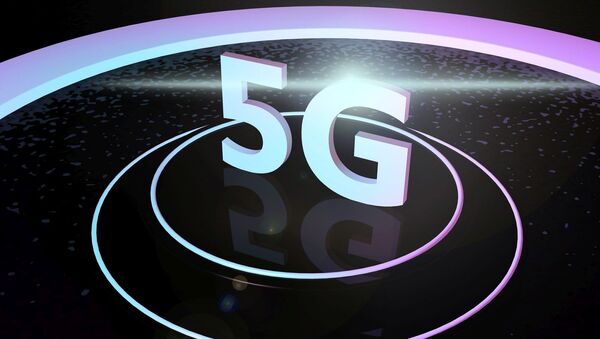A team of Russian and Japanese scientists has developed a sophisticated antenna for the 5G network, which will help increase the speed of Internet data transfer, according to the IEEE Xplore Digital Library website.
To create the mesoscale dielectric cuboid antenna (DCA), researchers from Russia’s Tomsk Polytechnic University (TPU) and Tomsk State University (TSU) jointly with their colleagues at Gifu University in Japan used mesoscale dielectric particles ranging in size from one to ten wavelengths of incident radiation.
Igor Minin, professor at TPU Electronic Engineering department, said that in the process of work on photonics, the scientists managed to discover a mechanism of wave front formation inside a dielectric particle.
“This allowed us to float the idea of using a similar approach to form both near-field and far-field zones, namely, using mesoscale dielectric particles as an analogue of the DCA,” he added.

The DCA boasts technological reliability but also benefits from being relatively small (between 1 and 5 mm) and from the absence of open parts at the DCA output, which protects it from rain, dust and wind.
Previously, antennas were protected from the elements by special screens or inserts, which reduced the antennas’ operating ability.
The DCAs have no metal parts and are capable of operating near high-voltage wires and electricity, which ensures reliable electromagnetic compatibility.
According to scientists, their team now plans to focus on studying signal transmission for the communication systems in the 100 to 300 GHz range.
5G is the fifth generation of mobile communication with higher speed, bandwidth and the ability to connect with a lot more sensors and smart devices simultaneously. In Russia, the first 5G commercial network is scheduled to be launched by 2020.

